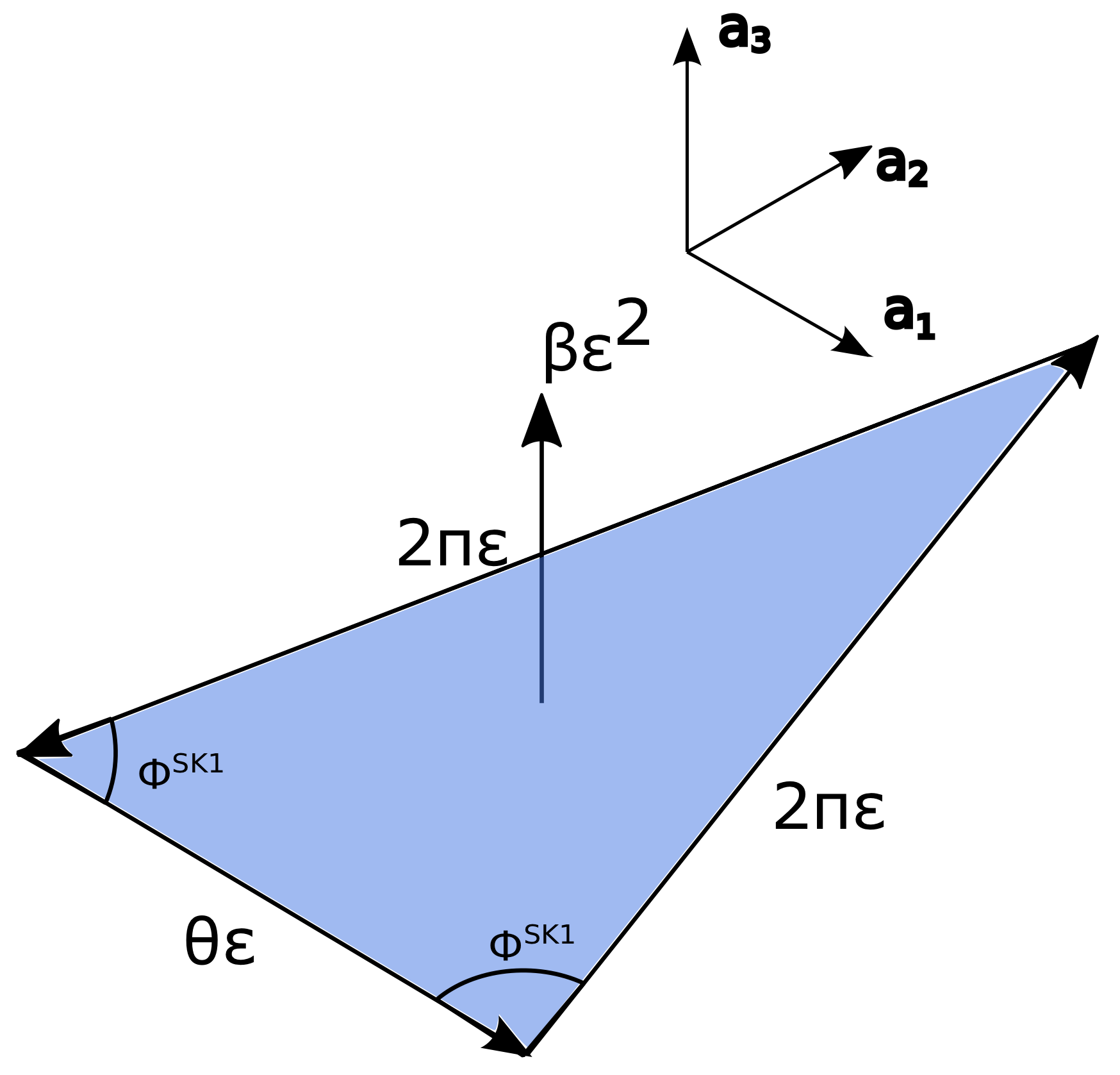Error Symmetries in Quantum Algorithms
The success probability of a quantum algorithm constructed from noisy quantum gates cannot be accurately predicted from single-parameter metrics that compare noisy and ideal gates. We illustrate this concept by examining a system with coherent errors and comparing algorithm success rates for different choices of two-qubit gates that are constructed from composite pulse sequences, where the residual gate errors are related by a unitary transformation. As a result, all of the sequences have the same error relative to the ideal gate under any distance measure that is invariant under unitary transformations. However, the circuit success can vary dramatically by choosing error orientations that do not affect the final outcome and error orientations that cancel between conjugate controlled-nots, as demonstrated here with Clifford circuits, compiled Toffoli gates, and quantum simulation algorithms. The results point to the utility of both minimizing the error and optimizing the error direction and also to the advantages of using multiple control sequences for the same gate type within a single algorithm.
Murphy, Daniel C; Brown, Kenneth R.







